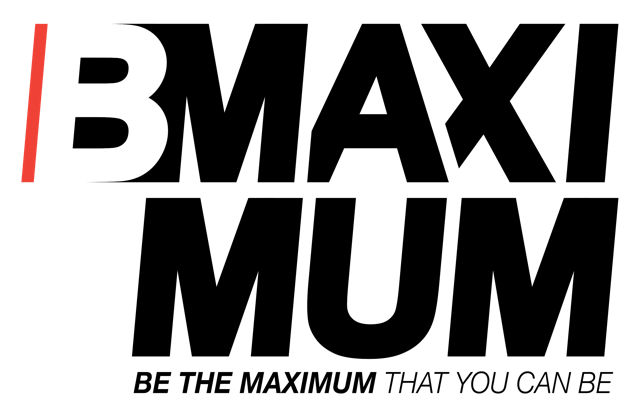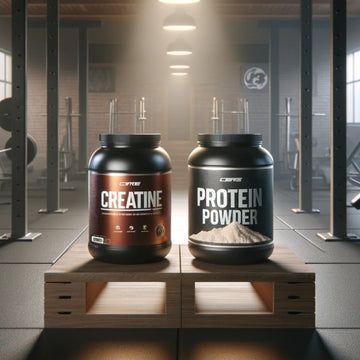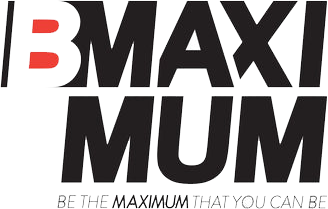
When venturing into the world of fitness and bodybuilding, two supplements frequently come up in conversations: creatine and protein powder. Both are heralded for their benefits in improving performance, muscle growth, and recovery. However, the question often arises: which is better? The answer is not straightforward, as it depends on your fitness goals, dietary needs, and workout regimen. In this article, we'll delve into the properties of both supplements to help you make an informed decision.
Understanding Creatine
Creatine is a naturally occurring compound found in muscle cells. It helps your muscles produce energy during heavy lifting or high-intensity exercise. Supplementing with creatine can increase your muscles' creatine content, enhancing your strength, power, and high-intensity performance.
Benefits of Creatine:
- Increased Muscle Strength and Power: Creatine has been shown to enhance muscle strength, allowing for more significant performance in workouts and faster muscle growth.
- Improved High-Intensity Performance: It boosts energy production, which is crucial for high-intensity exercises.
- Enhanced Muscle Recovery: Creatine can help reduce muscle damage and inflammation, leading to quicker recovery times.
Understanding Protein Powder
Protein is a macronutrient essential for muscle repair and growth. Protein powders, derived from sources like whey, casein, or plant-based alternatives, provide a convenient way to increase your daily protein intake. They're especially beneficial post-workout when the body needs protein to repair and build muscle tissue.
Benefits of Protein Powder:
- Muscle Repair and Growth: Protein is crucial for repairing damaged muscle fibers and building new muscle tissue, making protein powder an essential supplement for muscle growth.
- Convenience: Protein powders offer a quick and convenient way to consume high-quality protein, especially when whole food sources are not available.
- Weight Management: High-protein diets have been linked to better satiety, which can help with weight management.
Creatine vs. Protein Powder: Which is Better?
The comparison between creatine and protein powder is not about which is better overall, but rather which is better for your specific fitness goals.
- For Muscle Growth and Strength: If your primary goal is to increase muscle mass and strength, combining both creatine and protein powder can be highly beneficial. Creatine enhances your performance by increasing your strength and power during workouts, while protein powder supports muscle repair and growth.
- For Endurance Athletes: Endurance athletes might find less direct benefit from creatine, as their sports are more about sustained performance over time. However, protein powder can be invaluable for recovery and muscle maintenance.
- For Weight Management: If your goal is weight loss or weight management, protein powder can be a more versatile supplement. It can help you feel fuller longer and support muscle maintenance while you're in a caloric deficit.
Conclusion
Both creatine and protein powder have their place in a fitness enthusiast's arsenal, and the choice between them should be based on personal fitness goals, dietary needs, and preferences. For the best results, consider how each can fit into your overall nutrition and workout plan. Remember, no supplement can replace a balanced diet, consistent training, and adequate rest.
Ultimately, the decision is not about choosing one over the other but understanding how each can contribute to your fitness journey. Whether you're lifting weights, running marathons, or simply looking to improve your health, there's a place for both creatine and protein powder in supporting your goals.
B Maximum offers high quality, natural-based, protein powders and creatine monohydrate.







